Mayors lead the charge on Indigenous voice vote
Significant elements of the Indigenous voice campaign will be run by mayors, with the resources of local governments at their disposal.
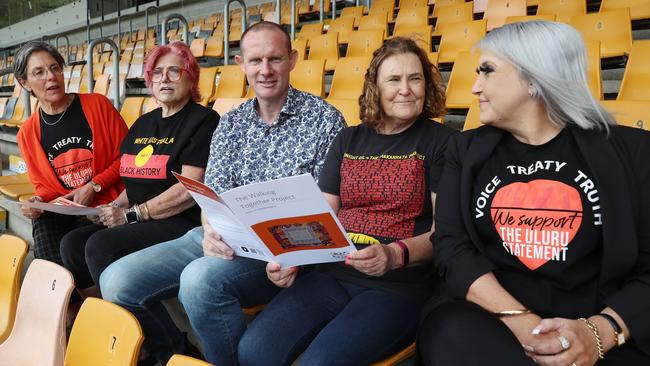
Significant elements of the Indigenous voice campaign will be run by mayors, with the resources of local governments at their disposal.
The Inner West Council in Sydney is the first in Australia to train people to disseminate information about what the voice is and what it would mean in an effort to ensure a referendum succeeds.
The council is partway through training 962 residents in how to hold voice information sessions for friends and acquaintances at community groups, churches and sports clubs. The Inner West Council has badged the training as a civics campaign that does not push the Yes case but promotes understanding about the referendum due to be held in the second half of 2023.
Indigenous voice campaigner Thomas Mayor – a Torres Strait Islander Australian – said that even though the civics campaign did not advise people which way to vote, he believed it could only help the Yes campaign.
“The truth will get this across the line. When people are properly informed they can see the sense in it. They can see there’s nothing to lose and there’s a lot to gain,” Mr Mayor said.
Council mayor Darcy Byrne said 400 volunteers had completed a three-hour training session at Leichhardt Oval in recent weeks. The council budgeted $50,000 to train 1000 volunteers but the work was less expensive than expected so it was possible the council would be able to train many more people. Mr Byrne said most of the volunteers were women and many were teachers or social workers, “but overall there is a wide cross section of people”.
They were younger than people who typically attended council events and were generally not activists or experienced campaigners, he said. “They’re people who have been involved in various organisations within the community, they’re uncomfortable about how little progress we’ve made in genuine reconciliation and recognise this as a unique opportunity,” Mr Byrne said.
On Friday, 80 trained volunteers returned to Leichhardt Oval to learn how to train others. Mr Byrne hoped this would lead to thousands more volunteers across the city.
“The goal is not how high we can get the Yes vote at the Marrickville Town Hall. It’s about what people in the inner west do to help build awareness and support for the voice across the rest of Sydney,” he said.
So far 36 other mayors from around Australia have said they will also run a civic education campaign about the voice.
In a joint statement the mayors said they were ready to help inform and educate their communities about the Uluru Statement and to create conversations about the referendum in suburbs and towns throughout Australia. “Our citizens should be informed about what constitutional recognition through a voice to parliament will mean for Indigenous people and Australian society as a whole,” the mayors said.
“Local government must play an important role in holding civic forums, promoting dialogue, and providing a platform for Indigenous voices to be heard in the debate.
“We believe that a successful referendum can be a unifying achievement for Australia.”
The statement was signed by mayors from some of Australia’s biggest metropolitan councils, including Tony Bleasdale from Blacktown, which has a population of more than 400,000 people.


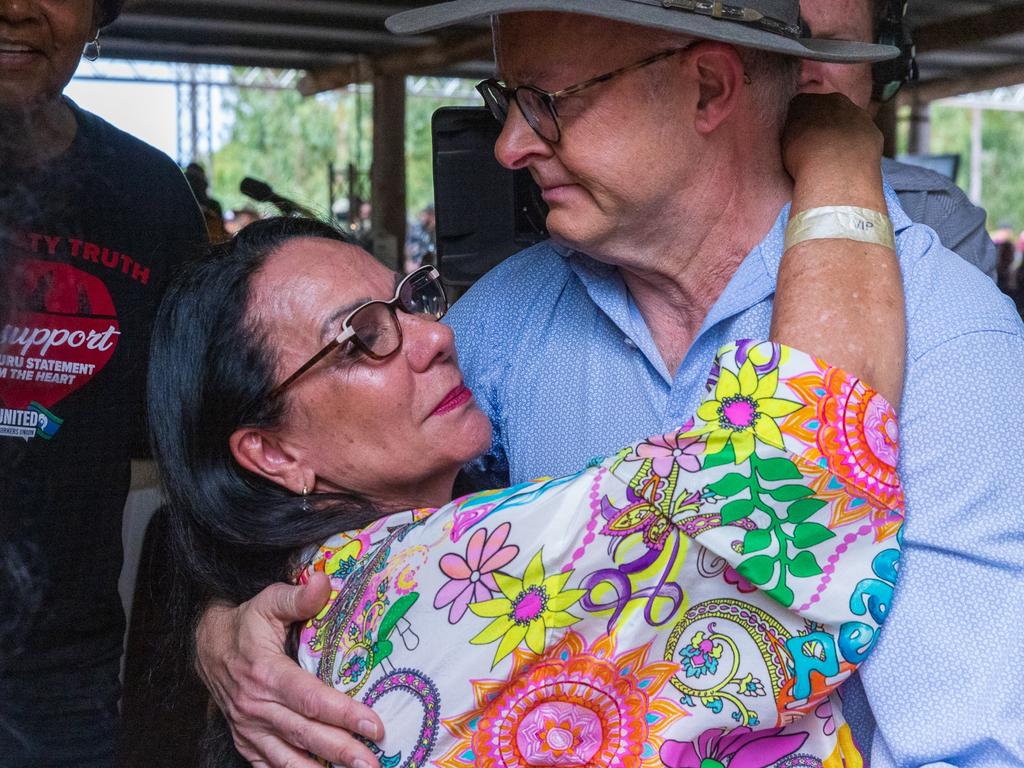
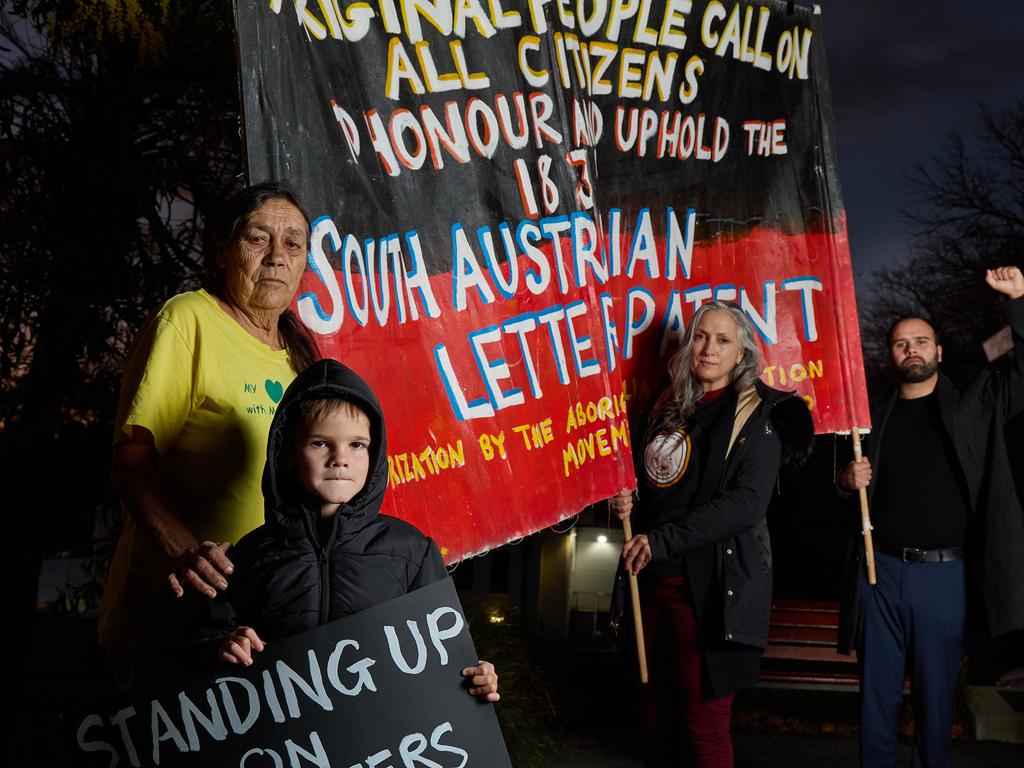
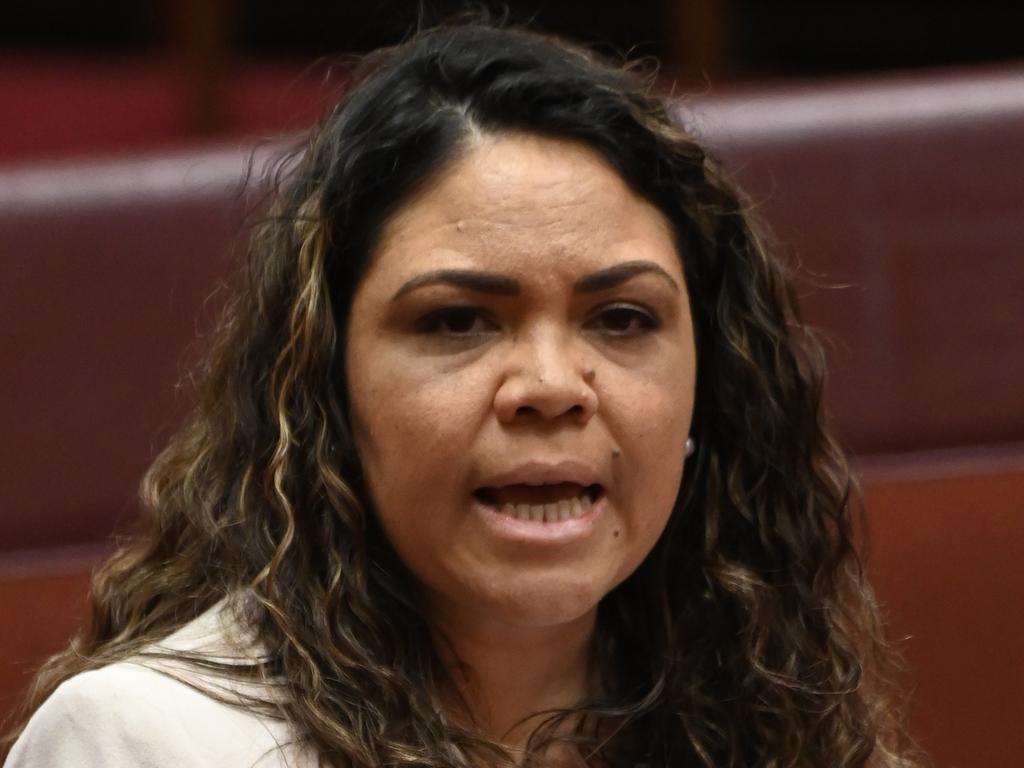
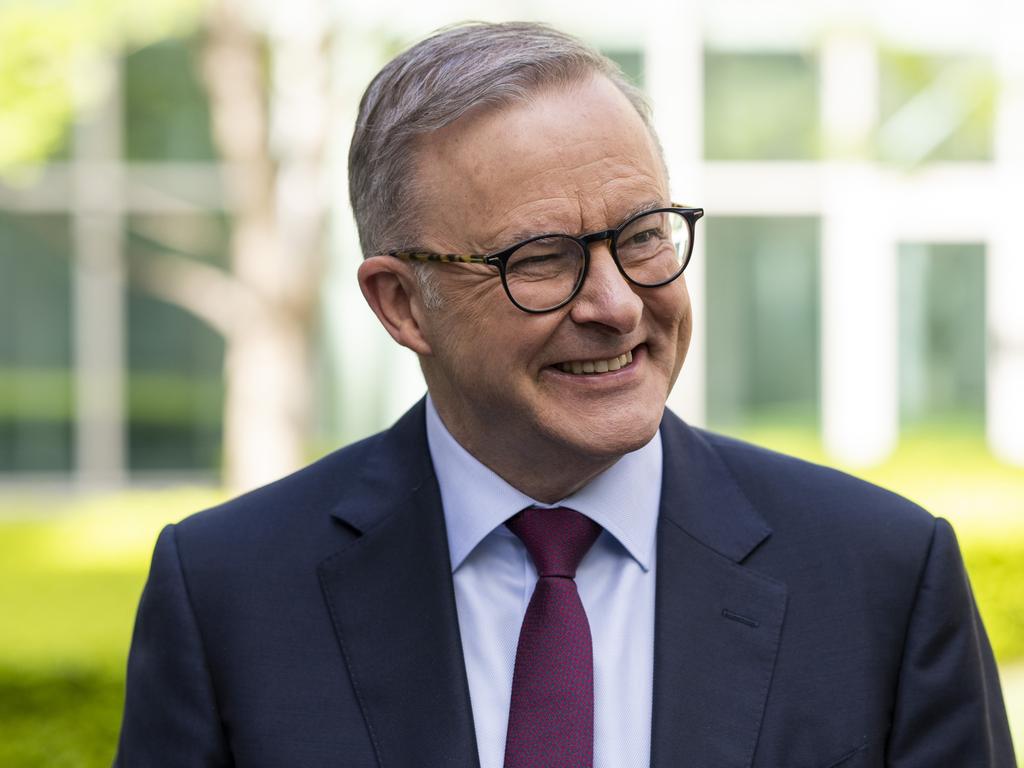


To join the conversation, please log in. Don't have an account? Register
Join the conversation, you are commenting as Logout